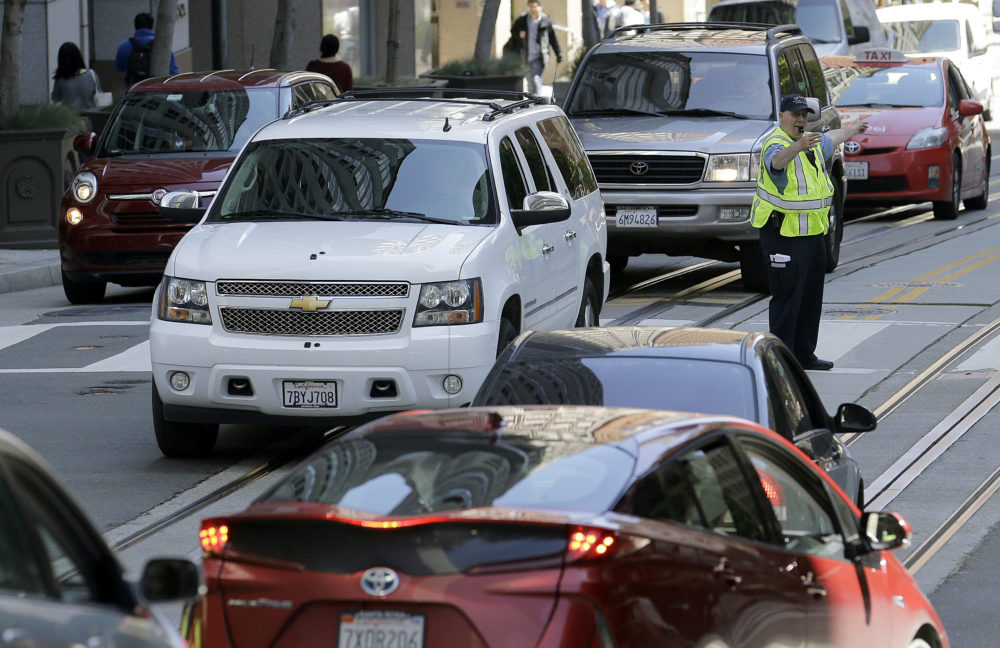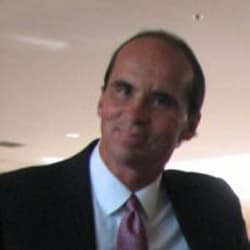Advertisement
Commentary
The Fuel Economy Standards Fiasco Is Classic Trump

In a peculiar era where the daily news cycle is driven by President Trump’s wild tweets or fractious comments in front of Marine One, his administration’s vast policy failures sometimes get buried in the chaos.
One example: Trump’s quest to scuttle then-President Obama’s 2012 vehicle pollution standards.
Obama’s rule mandated an average fuel economy standard for new cars of 54.5 miles per gallon by 2025, reducing carbon dioxide emissions by some 6 billion tons over the lifetimes of the compliant cars. Numerous auto manufacturers, including Ford, GM, Chrysler and Toyota, joined Obama in the announcement.
In August 2018, Trump’s administration announced the rollback of Obama’s rule, and a new rule, mandating the fuel economy standard to 37 miles per gallon, thus increasing carbon dioxide emissions by some 85 million tons per year.
Trump officials, labeling their move a win for automakers and consumers, said the action would save 12,700 lives because drivers would be more likely to buy newer, safer cars if the MPG rollback reduced sticker prices. They also argued that lighter, fuel-efficient cars were more dangerous.
As policy fiascoes go, this is classic Trump: slapdash proposal, feeble and unfounded justification, inept execution, scattershot rage.
Industry and safety experts quickly debunked the administration’s claims. And attorneys general around the country, led by Xavier Becerra of California and Maura Healey of Massachusetts, pounced, promising lawsuits to block Trump’s move.
Then, just this month, Consumer Reports released a study showing that Trump’s rollback would cost consumers $470 billion, while doing nothing to improve road safety.
On Aug. 2, a coalition of states made good on their promise, filing a lawsuit to block "planned reduction in the penalties automakers pay when they fail to meet fuel economy standards." Days later, in a stunning move, six major automakers, including Mercedes-Benz, Honda, Ford, Volkswagen and BMW, said they would not adhere to Trump’s rollback standards, making their own calculation about manufacturing efficiencies and climate risk.
The manufacturers will likely enter a pact with California and the other states to build cars averaging about 50 miles per gallon by the 2026 model year, slightly less than targeted by the Obama plan but far more than proposed in the Trump revision.
The extraordinary cabal of carmakers and state officials leaves Trump’s policy in the dust and Trump as the odd man out. According to The New York Times, the automakers’ action has “enraged” Trump, and the White House has “mounted an effort to prevent any more companies from joining California.”
The likely collapse of Trump’s emissions gambit is a win for the environment ...
Meanwhile, Trump can’t even field a team to push his plan forward. Scott Pruitt, the former head of the Environmental Protection Agency, under whom the Trump proposal was conceived, resigned in disgrace last summer. New EPA chief Andrew Wheeler is skeptical of the proposal’s legal standing. Three top officials most associated with the rollback announced their departures this summer.
The exodus has left the effort in the hands of Francis Brooke, a 29-year-old White House aide with little experience overseeing complex policy battles.
As policy fiascoes go, this is classic Trump: slapdash proposal, feeble and unfounded justification, inept execution, scattershot rage. Whether Trump cares anything about his proposals beyond the headlines they generate is impossible to determine.
Yet, the pattern continues. Earlier this month, after the mass shootings in El Paso and Dayton, Trump voiced support for gun reform legislation, and specifically background checks. He’s since retreated. Last December, with a government shutdown looming, he pledged to “take the mantle” — then quickly reverted to blaming Democrats.
Trump can’t resist a sugar-high headline. Then he folds. Or, as in his emission’s policy, he fails. There’s always fake news to blame.
The likely collapse of Trump’s emissions gambit is a win for the environment, for consumers and for anybody supportive of cutting American oil consumption.
Trump critics are right to rejoice — the failure of any bad policy is a good thing. But constant administrative failure, particularly in the Trump pattern, is not.
